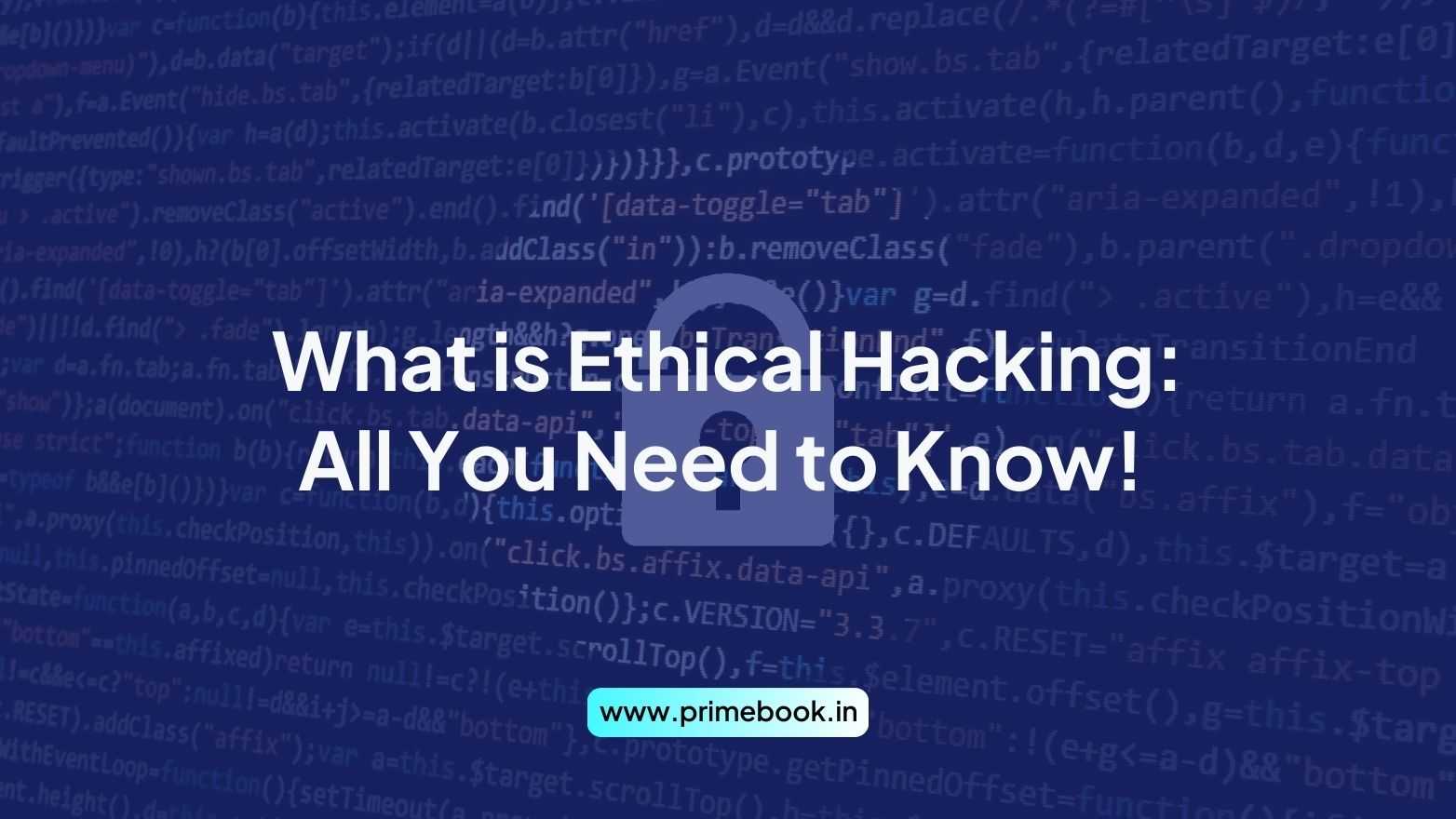Blogs / Trendy Tech Talks / Cybersecurity Tips for Students
Blogs / Trendy Tech Talks / Cybersecurity Tips for Students

Ananya Dasgupta
06 Feb 2025

Cybersecurity Tips for Students
While the education system in India and beyond is increasingly shifting towards online learning spaces and students are spending a significant amount of time online, cybersecurity tips and tricks have become a need-of-the-hour. Every student must be aware of how to browse safely and this blog shall certainly guide you if you are one of them.
1. Get a Security App for Your Device
One primary cybersecurity tip applicable to all internet users, especially students, is to get a security app for their devices, whether a smartphone, tablet, or laptop. Some of the essential cybersecurity apps are VPN, which encrypt online traffic, making it difficult for hackers and scammers to interpret and steal your data, then, the antivirus apps, which help protect your device from malware, be it viruses, spyware, or Trojans, and private browsers like Brave, which safeguards privacy by deleting browsing history, cookies, and other tracking details.
2. Use Encrypted Apps and Websites
While encryption is the best way to protect your online data from network snoopers, scammers, hackers, and third parties, it’s ideal to use only those apps and websites that are encrypted. By this, it means, you must use websites that begin with “https” in the URL, and look at the privacy policies of the apps before downloading it on your device. That’s another crucial cybersecurity tip for students!
Also Read: Best Security Practices on Laptops
3. Use Social Media Responsibly
Responsible use of social media can also help combat cybersecurity threats! You need to be mindful of your privacy settings and modify them according to your privacy requirements. You need to be careful of what you share and with whom. You need to be alert to suspicious activities like attachment links coming from unknown sources. You need to think before you click! Accepting friend requests from strangers might seem delightful but may pose a threat to your digital identity.
Also Read: Cybercrime Awareness for Students
4. Create Strong, Unique Passwords
Another significant way to keep your identity and your data secure from online threats is to choose strong and unique passwords for all your online accounts. Do not keep the same password across multiple handles; avoid using your birth date or initials of your name, instead use a unique combination of letters, numbers, and symbols. The more complex the passwords, the lesser the chance for hackers to guess and crack them.
5. Don’t Respond to Suspicious Messages
Cybersecurity tips for students ought to include one important aspect that many avoid following, and it is to not respond to any sort of message that sounds suspicious in the first place. You must follow it, especially for those emails and WhatsApp messages that bait fast money-earning opportunities, fake degrees, or essay writing services, and call for “immediate action”. You need to report such emails or messages, protecting not only your information but also your peers and the educational institution you study at!
6. Avoid Using Public Charging Stations
Often, students tend to charge their devices via public charging stations at metros, railways, and so forth. However, what one might miss is that there are instances of these charging stations being compromised to steal data and deliver malware. So, you must avoid using such public charging stations and rather carry a power bank, eliminating the risk of potentially sensitive data breaches or other cybersecurity threats.
Also Read: Top Security Software for Laptops
7. Limit Your Activities on Public Wi-Fi
As students visit public places, one common mistake they make is using unsecured public Wi-Fi for online activities. Such a step, specifically when involving online transactions or access to sites where you need to further login, can make you fall prey to online thefts. Hence, it's better to use mobile data in public places and Wi-Fi only when they are protected; like at college or home to ensure your cybersecurity by yourself.
8. Use Encrypted Cloud Storage for Backups
Furthermore, cybersecurity tips for students are certain to include secure data backups since students have enormous piles of academic documents and files to store and organize in one place. Using end-to-end encrypted cloud storage for such data backup is an effective way to topple online threats and keep your academic data private.
In a nutshell, you need to be attentive to your online activities at every step and continuously leverage your cybersecurity knowledge and skills to protect your data and stay safe from cyber attacks, cyberbullying, phishing scams, misinformation and disinformation spread, and more. Only that is when you can utilize the benefits of online learning to the fullest, unleashing your utmost efficiency and productivity.


 Related Blog
Related Blog









